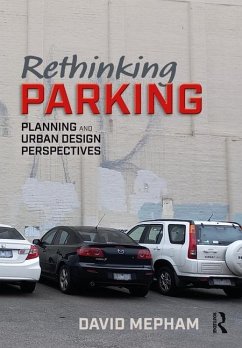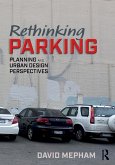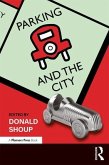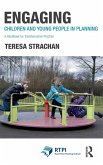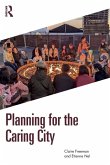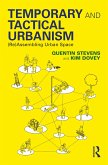For much of the past century, we have viewed the issue of parking from the driver's seat. It follows that key narratives about parking reaffirm the immediate needs of the driver. A consequence of this approach is a failure to understand the significant damage that parking causes to the destination. That damage is amplified by 'cheap, easy' parking at the expense of place and access outcomes. Viewing parking from an urban planning and design perspective highlights different issues and opportunities. Five perspectives are offered:
Place - If we gave drivers all the parking they wanted, the destination would not be worth visiting.Politics - Parking is intensely territorial, emotional, and prone to populism, and this is a barrier to strategic and sustainable parking reform.Policy - Parking tends to be focused on the 'me, here and now' needs of the driver at the expense of bigger picture and longer term policy objectives.Price - Subsidized parking exists behind opaque pricing mechanisms. In contrast, a transparent accounting of costs is a vehicle for strategic parking reform.Professional practice - Parking is a significant land-use issue, located at the juncture of transport and urban planning and design. Improving urban parking outcomes requires an integrated and collaborative planning process.
An alternative view of parking is timely as new technologies and economies fundamentally change everything we understand about parking. A potential paradigm shift is in the making. Rethinking Parking provides a pathway to a better parking/place balance and access to destinations worth visiting. It is valuable reading for students and professionals engaged in transport, planning, urban access, and design.
Place - If we gave drivers all the parking they wanted, the destination would not be worth visiting.Politics - Parking is intensely territorial, emotional, and prone to populism, and this is a barrier to strategic and sustainable parking reform.Policy - Parking tends to be focused on the 'me, here and now' needs of the driver at the expense of bigger picture and longer term policy objectives.Price - Subsidized parking exists behind opaque pricing mechanisms. In contrast, a transparent accounting of costs is a vehicle for strategic parking reform.Professional practice - Parking is a significant land-use issue, located at the juncture of transport and urban planning and design. Improving urban parking outcomes requires an integrated and collaborative planning process.
An alternative view of parking is timely as new technologies and economies fundamentally change everything we understand about parking. A potential paradigm shift is in the making. Rethinking Parking provides a pathway to a better parking/place balance and access to destinations worth visiting. It is valuable reading for students and professionals engaged in transport, planning, urban access, and design.

